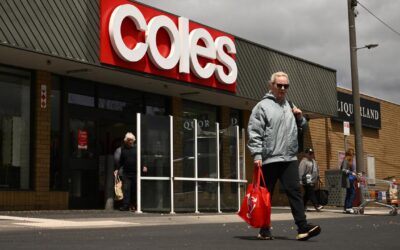Sorry, that’s old news…
You’ve found an older news story. We delete stories from our AAP News Feed after two months. But fear not, here’s today’s news!

Almost 40,000 Budget Direct customers lost their online discount after making policy changes in the first year, ...

Maggie Beer Holdings has returned to profit as it continues to examine a number of unsolicited offers for its ...

Australians kept posties run off their feet by ordering a record number of Christmas parcels, while letters ...

Political candidates are jostling ahead of a crucial by-election test after Sussan Ley was deposed as opposition leader.

Virgin Australia has released its initial set of first-half results after listing on the stock exchange last year.

Paramount Skydance has raised its offer for Warner Bros Discovery, putting pressure on Netflix to respond in the ...

Despite, or perhaps because of strong results from Nvidia shares on Wall Street and in Europe have traded down, ...

The stakes are high for Coles as it unveils its half-yearly results, while fighting allegations of misleading ...
No results found.
Background image courtesy victoriancollections.net.au